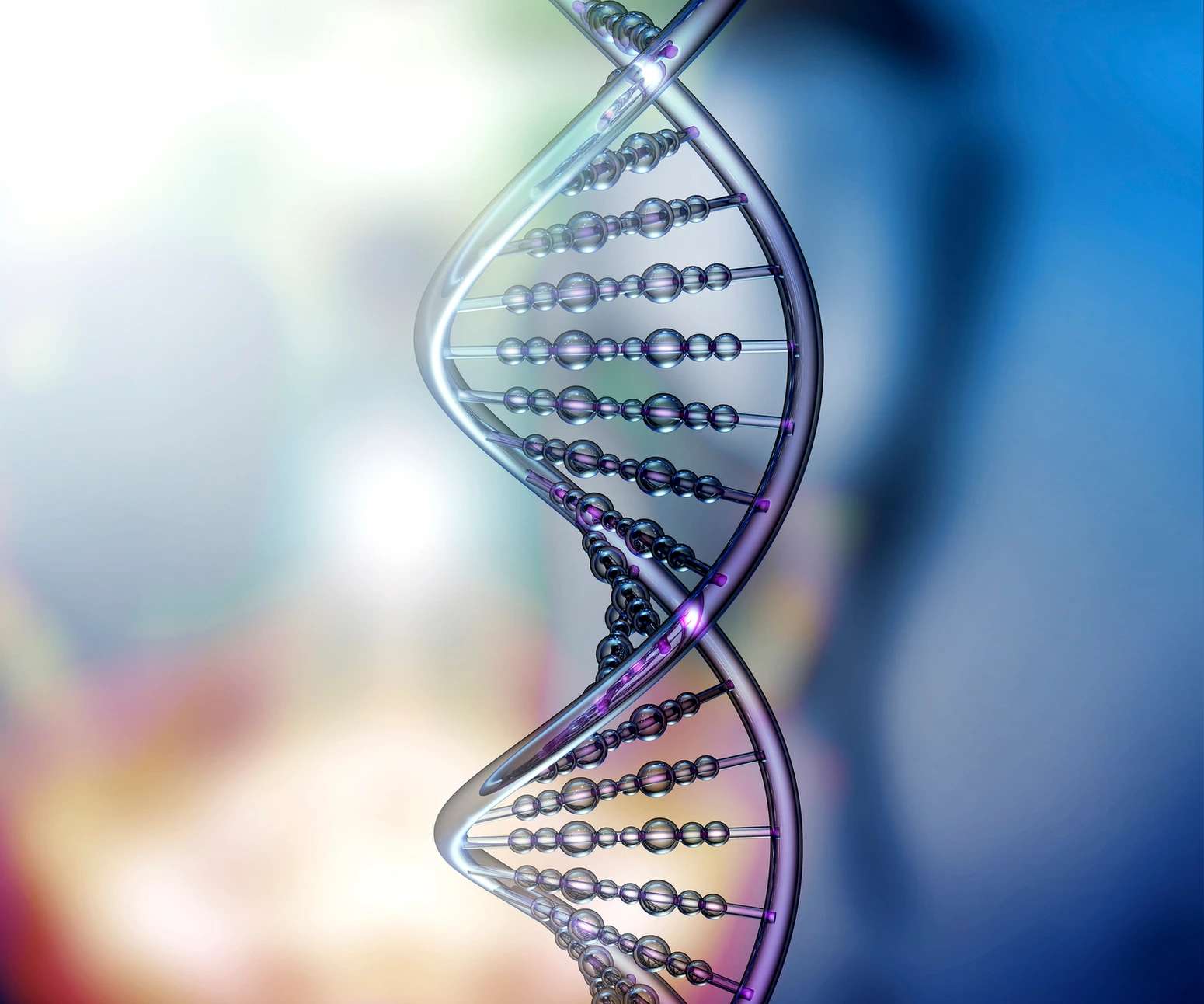Genetic Testing Before Baby
Getting your mind and heart prepared for baby is as important as getting your body ready for the journey ahead. Genetic testing is one tool we use to prepare for all the possibilities. Genetic testing is amazing and wonderful. It allows a feeling of control over the unknown and a sense of total preparation for all outcomes. However, genetic testing can be a tricky road to walk. The question being.....so, now what? IF you have genetic testing results that you find unfavorable, what is within your value system that could alter your decision to have a baby naturally.
My family personally has a background with some genetic disorders that I had deep concerns regarding. For years I questioned whether it would be within my capacity to raise a child with certain health issues. I always assumed I would have genetic testing before pregnancy to asses my 'risk percentage'. Really, I wanted to hedge my bets. Would I be able to conceive a "healthy" child and if I didn't what would that mean? What was I prepared to do should I have a compromised child? All of these thoughts weighed heavy on my mind for years, so of course my best option was genetic testing. If I tested, I could answer my own concerns.
So then a sage and wise woman, my mother, said to me...So, What percentage? I said, hmm what? She said, What percentage are you comfortable with...10, 15, 50%? I gulped...and thought...I don't know but I knew it was under 50. This sage woman again said to me, So if your percentage of probability is met then you simply don't have children....or knowing you have any chance of having a child with health issues do you conceive naturally and then feel stress the entire pregnancy which can also be damaging? This woman, why does she always have to be so smart and make so much sense.
It took some deep searching within myself to ask and answer my own questions, concerns, and sense of control over my future, essentially a change that could alter the rest of my life in a way I simply did not know if I had the ability to manage. My decision, no genetic testing. I realized that it didn't matter to me anymore what or who my baby was to be, that I would love, care, and nurture any baby that came into my life to be mine. I also couldn't answer the question...So, what percentage? I would feel deep stress in anything 10% or over. That percentage was so highly probable, that I hedged my bets that certain conditions would be 10% or over and I would definitely feel deep stress and concern my entire pregnancy for any health disorders not discovered on ultrasound that I would need to prepare my life for.
However, genetic testing is a personal choice and certainly certain probability of specific diseases may not feel comfortable or responsible to pass forward. In that case, genetic testing has become simple and very available. You and your partner can have tests to asses what each of you personally carry in your genes and the possibility of how your genes would change any health outcomes for your baby. There is also testing for nutrition issues such as MTHFR, Vdaq, COMT, etc which can tell you if you are a poor detoxifier, prone to heart disease and possibly autoimmune issues related to being a poor detoxifier, vitamin D metabolism errors and B vitamin metabolism effecting neurotransmitter levels. The latter series of tests can be addressed with nutritional changes prior to pregnancy as to not effect fetal development.
My best advise and that of my sage mother is, prior to genetic testing it is essential to have a deep and thorough conversation with your partner about what specifically you are prepared to do should you discover an issue, to know your threshold percentage of when you would and would not proceed with a natural conception pregnancy, and to truly understand how having genetic information will effect you and your partner. To assess genetic risks, an online search can provide resources to prenatal genetic counselors through associations such as National Society of Genetic Counselors. It is important to note that genetic testing will not discovery the entirety of factors contributing to a disease. There is still possibility of certain conditions that cannot be entirely assessed by genetic testing.

